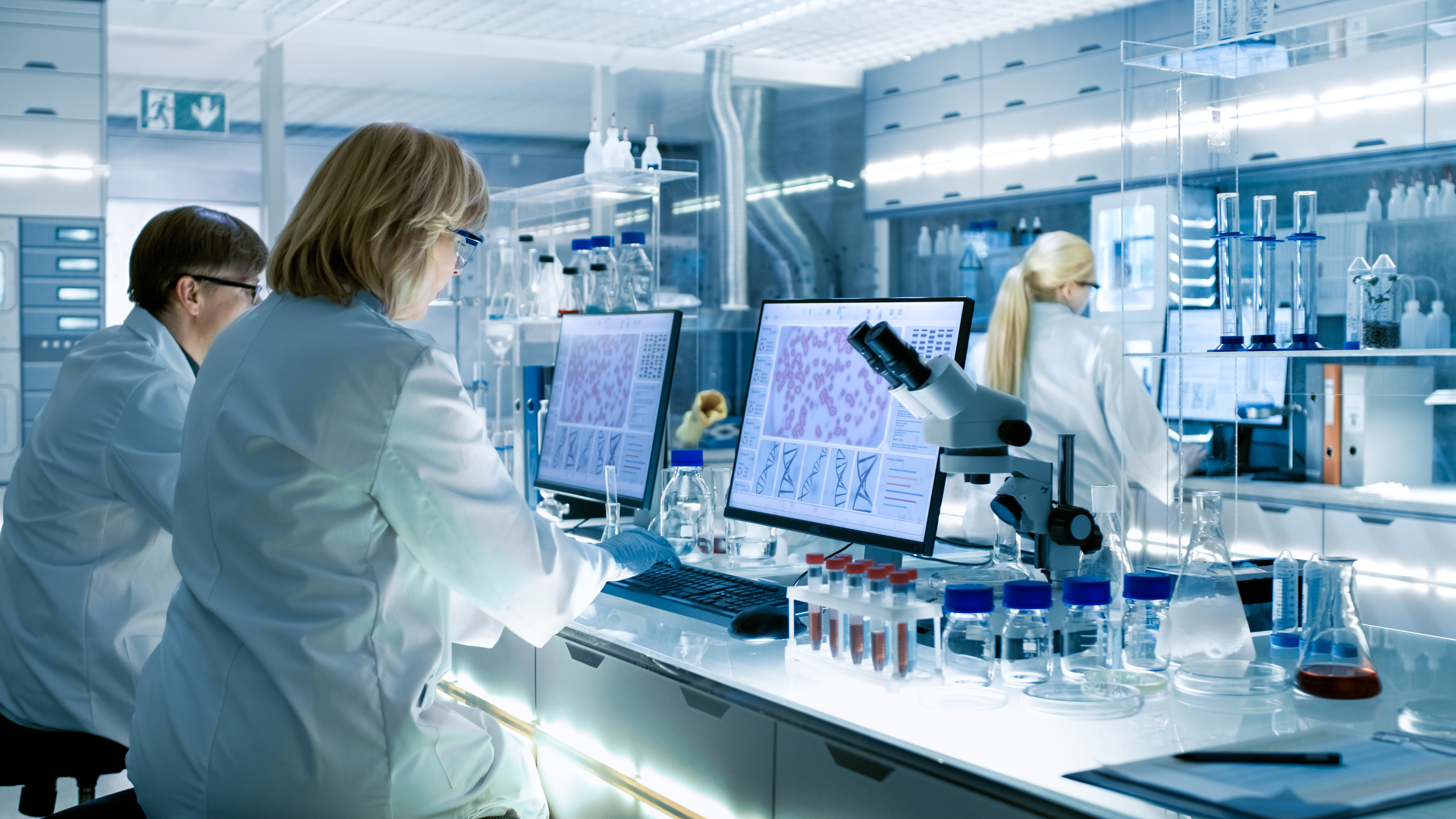
Metabolomics has profoundly impacted both science and industry by offering unprecedented insights into the biochemical processes that define life. This blog explores how the field informs practical solutions across medicine, agriculture, food science, and bioprocessing. Highlighting real-world applications—from personalized medicine to sustainable farming—it demonstrates how cutting-edge technologies like CE-MS and UPLC-FTMS drive precision and innovation.
Medical Innovations Driven by Metabolomics
In medicine, metabolomics is reshaping diagnostics, therapeutics, and disease management. Its ability to detect subtle metabolic changes is proving particularly valuable in areas like oncology, neurology, and cardiology.
- Cancer Research: Metabolomics has enhanced the precision of oncotherapy by identifying biomarkers that distinguish between cancer types and stages. For example, specific metabolite profiles help in tailoring treatments for breast cancer and predicting patient responses.
- Diabetes Management: Identifying metabolic signatures linked to insulin resistance has paved the way for better diagnostic tools and personalized treatments for diabetes.
- Cardiovascular Health: By analyzing metabolites associated with lipid metabolism, metabolomics aids in the early detection of atherosclerosis and other heart-related conditions.
Technological advancements like capillary electrophoresis mass spectrometry (CE-MS) and high-performance liquid chromatography coupled with mass spectrometry (HPLC-MS) allow for the high-resolution profiling needed to advance precision medicine. CE-MS, with its superior sensitivity for polar metabolites, is ideal for small-molecule analysis, while HPLC-MS excels at analyzing hydrophobic compounds that aren’t as accessible to CE-MS. Both techniques complement each other, providing comprehensive insights into metabolic pathways and disease mechanisms.
Revolutionizing Agriculture
Metabolomics is transforming agriculture by offering solutions to age-old challenges like crop yield, quality, and resistance to environmental stressors.
- Enhanced Crop Yield: By profiling metabolites linked to growth and photosynthesis, scientists can identify pathways to increase crop productivity. Metabolomic studies have been instrumental in improving the yield of staple crops like rice and wheat.
- Resistance to Stress: Metabolomics aids in breeding programs by identifying metabolites associated with drought and pest resistance. For example: A study on maize leaves under drought stress revealed accumulation of amino acids such as isoleucine, valine, threonine, and 4-aminobutanoate.
Integrating metabolomics with genetic and proteomic data creates a holistic framework for sustainable agricultural practices. This approach ensures food security while minimizing environmental impact.
Innovations in Food Science
In the food industry, metabolomics ensures safety, enhances nutritional value, and improves product quality. By analyzing the metabolic profiles of food items, researchers can optimize production processes and meet consumer demands for healthier options.
- Food Safety: Metabolomics can potentially provide rapid elucidation of epidemiological conditions and disease pathology related to food safety, and to identify contaminants in food products. It shows enormous promise in enhancing global food safety measures.
- Nutritional Enhancement: Metabolomic analysis shows promise for improving food fortification, helping to uncover specific metabolites associated with food consumption and their impacts on chronic disease. It has proven to be a useful tool in assessing the effectiveness of fortification strategies based on novel biomarker discovery.
- Flavor Optimization: Through metabolic fingerprinting, companies refine flavors and textures in products like wine, cheese, and plant-based alternatives, meeting diverse consumer preferences.
- Biomass Generation: With the growth of future foods, growing meat cells, metabolomics has been used to determine factors to enhance biomass generation, as well as, taste and nutritional value.
Advancing Bioprocessing and Fermentation
Bioprocessing and fermentation industries benefit immensely from metabolomics by achieving higher efficiency and product quality. By monitoring metabolic changes during production, companies can optimize conditions for maximum output.
- Biopharmaceuticals: Metabolomics facilitates the production of biologics like monoclonal antibodies by identifying bottlenecks in cellular metabolism.
- Fermented Foods: From beer to yogurt, metabolomics ensures consistency in taste and texture.
The data-driven approach provided by metabolomics not only enhances productivity but also reduces waste and operational costs.
Cutting-Edge Technologies Fueling Progress
The advancements in metabolomics hinge on powerful analytical tools capable of detecting and quantifying metabolites with precision. Techniques like CE-MS and UPLC-FTMS stand at the forefront, offering unparalleled sensitivity and accuracy. These methods allow for the simultaneous analysis of polar and lipophilic metabolites, generating robust datasets that inform decision-making across industries.
Computational tools play a crucial role in metabolomics. Software for pathway analysis, multivariate statistics, and machine learning enables researchers to uncover patterns in large datasets. Integration with other omics fields, such as genomics and proteomics, enriches systems biology approaches, providing a complete picture of biological functions.
Collaborative Efforts Driving Impact
Companies like Human Metabolome Technologies (HMT) are spearheading efforts to bring metabolomics to the forefront of scientific and industrial applications. By offering comprehensive metabolite profiling services, HMT helps researchers and businesses leverage metabolomics to achieve their objectives. These services are instrumental in:
- Accelerating drug discovery
- Refining agricultural products
- Enhancing food and beverage quality
Such collaborative endeavors ensure that metabolomics’ potential is fully realized, driving innovation and improving lives globally.
Emerging Trends and Future Directions
The field of metabolomics is advancing rapidly, with trends such as AI-driven analyses, single-cell metabolomics, and metabolic flux analysis gaining traction. AI-powered algorithms streamline data processing and enhance predictive accuracy, while single-cell metabolomics offers unprecedented resolution in studying cellular heterogeneity. In healthcare, the rise of personalized medicine has amplified the importance of metabolomics in developing companion diagnostics, especially for cancer and rare diseases.
Discover the Possibilities with HMT
At Human Metabolome Technologies, we are dedicated to empowering researchers and industries with the most advanced metabolomics tools and services. Our expertise in comprehensive metabolite profiling and cutting-edge technology ensures actionable insights that drive progress. Whether you aim to innovate in healthcare, agriculture, or food science, HMT is here to help you unlock the full potential of metabolomics.
Explore how our services can elevate your projects and transform your goals into reality. Contact us today to learn more about our tailored solutions and take the next step toward groundbreaking discoveries.
